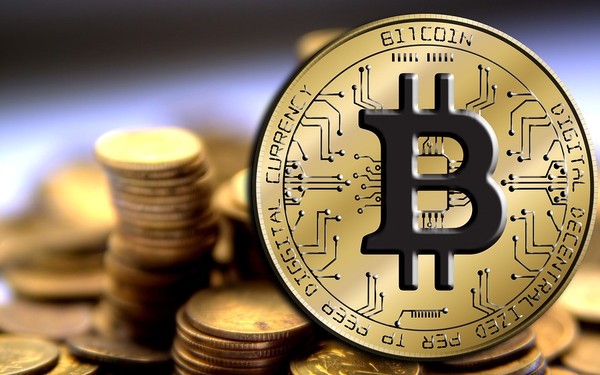
When asked whether a person should buy bitcoin, different experts offer different answers:
- Carl Richards, whose essays and sketches appear in the New York Times under the moniker “Sketch Guy,” urges would-be bitcoin investors to ask if buying bitcoin would be investing or speculating on a commodity bubble.
- JPMorgan Chase CEO Jamie Dimon called bitcoin a fraud, arguing that the altcoin is “worse than tulip bulbs.”
- Former Fortress hedge fund manager Michael Novogratz called altcoins “the biggest bubble of our lifetimes.”
- Billionaire Mark Cuban equates investing in bitcoin to throwing a Hail Mary pass. Cuban argues that it is okay to invest some of your money in a high-stakes investment, but one should act as if that money is already gone.
- Wall Street strategist Tom Lee has called bitcoin and bitcoin-driven vehicles, such as Grayscale’s Bitcoin Investment Trust, “attractive buys.”
In light of such contrasting opinions and in light of stories like that of the Taihuttu family, who are betting everything they own, including their home and the clothes on their backs, to invest in bitcoin, you may be confused about whether bitcoin is a wise investment.
As with all big decisions, it makes sense to list the pros and cons of bitcoin investment.
Pros of Investing in Bitcoin
- It is the equivalent of digital gold. Priced outside what would be considered reasonable for a traditional currency altcoin, bitcoin has a price evaluation that is more comparable to gold than a foreign exchange (Forex) asset. Like gold, bitcoin is also unlikely to ever fully lose its full value. As bitcoin is the first digital coin and is the proof-of-concept for the entire blockchain industry, there will always be a devout community that will promote and trade bitcoin. This, however, does not imply that the current pricing bubble will last forever; bitcoin’s price will likely crater to a sustainable level.
- The value of the coin is likely to go up before the speculation bubble pops. Before this cratering, however, the price should hit astronomical levels. There are analysts that believe that bitcoin will have a market capitalization in excess of $1 trillion by 2025. This will likely be due to speculation driven by a global sense of FOMO (fear of missing out).
- It is a hedge against market uncertainty. Many of the original bitcoin investors bought the coin out of a deep distrust of the monetary markets. As bitcoin is decentralized, it is not dependent on fiat currencies or on central banks. In countries where there are currency issues, such as Zimbabwe or Japan, where monetary easing decayed the value of the yen to the dollar, the bitcoin is an important hedge.
Cons of Investing in Bitcoin
- It is not tangible. Bitcoin is based on a complicated mathematical equation and consists of nothing more than a hashcode address, a set of encryption keys, and a transaction record which is stored on a distributed ledger. In other words, it is nothing more than computer code. While most currencies and debts today fall in this category, they typically have something real that underpins their value. For instance, a mortgage derivative typically has a property upon which it is based. With no underpinning, bitcoin is only worth what those seeking to buy it are willing to pay for it. This means there is no floor for bitcoin’s value; theoretically, bitcoin can become worthless.
- Other coins are better. As the first digital coin, bitcoin has a litany of successor coins that improved on the coin’s flaws, including its artificial scarcity, its slow transaction processing time, and its inflexibility toward being used for customized applications. Altcoins like Ethereum, Litecoin, and Ripple have shown what altcoins can do if they are allowed to exist outside the rigid definition bitcoin established.
- It is volatile. Bitcoin’s value shifts wildly and suddenly. While most commodities have some volatility in their pricing, a drop of 40 percent of bitcoin’s value overnight is not uncommon. In an area where the local currency is more stable, such as the United States, the value of such an investment becomes questionable.
Conclusion
The answer to the question of whether you should invest in bitcoin can be rephrased into a different question. Can you afford to lose your investment if everything goes wrong? While bitcoin may not lose all of its value, fraud is a very real thing in the digital currency world and it is easy to lose your investment to dishonest actors. While the potential to realize a large return-on-investment is there, so is the potential that the speculation bubble may pop, your investment may be defrauded, bitcoin and other altcoins may be ruled illegal in your local jurisdiction, and so on.
The key is to fully understand the risks involved in an investment before committing to it. The responsibility of being informed is exclusively the investor’s, particularly in an investment as hotly speculated and relatively new as bitcoin.
Want to learn more about investment in bitcoin and altcoins? Subscribe to the Bitcoin Market Journal newsletter today!

